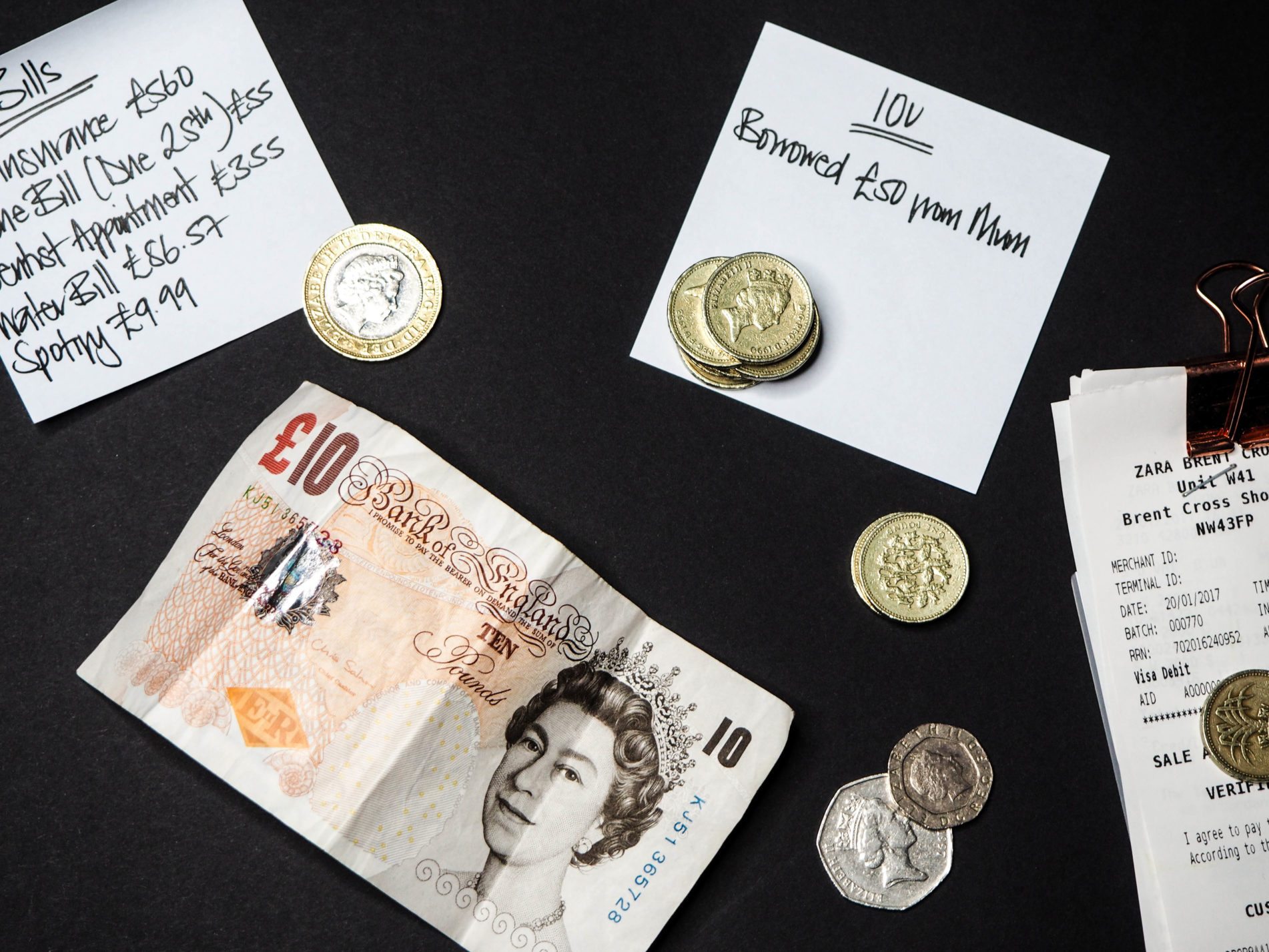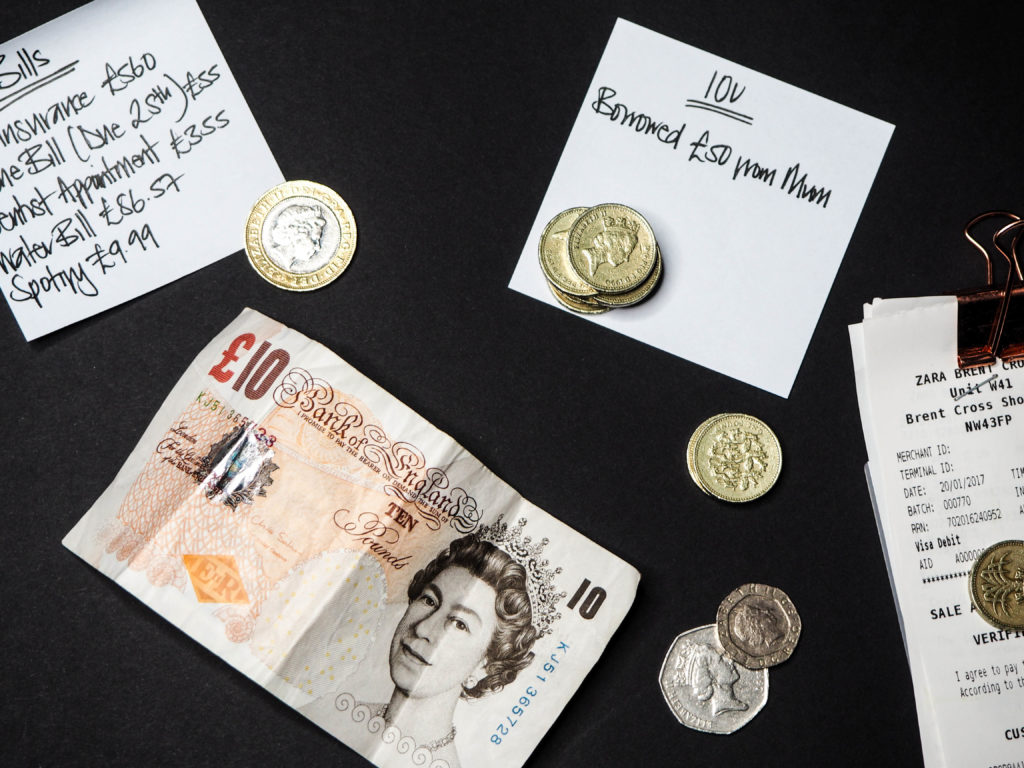Don’t Make Plans For Your Income Every Month
Whether you are paid on a regular basis or not, it’s important that you don’t find ways to spend your money every time you receive new income. If you honestly feel like you don’t know what you want to spend on this month, you could put more in savings and decide to live on a lower income for the time being. If we always make plans for the money we work for then we may end up living for today instead of investing for tomorrow. In situations where you can, learn to live on less even though you may not need to in order to instil financial discipline into your life.
Get Out Of Debt
Whether it’s a credit card, loan or an overdraft, paying off your debts should be a top priority. The most important factor is realising that you are in debt and that it is a problem. Many people live in constant debt and get so used to that lifestyle that it is no longer a concern but a way of life. Nonetheless, consistently being a debtor doesn’t give you peace of mind, especially when you don’t want to feel guilty about buying something new. A few ways to tackle your debt:
– Pay off the debt with the highest interest first. This is the debt that is costing you the most money so it makes sense to make this a priority. Call the creditors and let them know how you’ll be making payments to clear it off.
– Reduce your expenses. There are so many direct debits we don’t actually need and when you’re in debt, identifying your needs versus wants is vital. A few months without Netflix or Spotify won’t be the end of you. Neither will eating in rather than ordering takeout or going for a cheeky Nandos.
– Prepare your mind set for paying off your debt. This means acknowledging that you may have to stay in more often than expected or deciding not to go on holiday for a while. Preparing yourself mentally to pay debt means that you can pre plan how to spend your time in other ways that don’t cost you as much. Regardless of what you choose to do, it will be definitely be worth it when you know it’s contributing to getting out of the minus sign permanently.





2 Comments